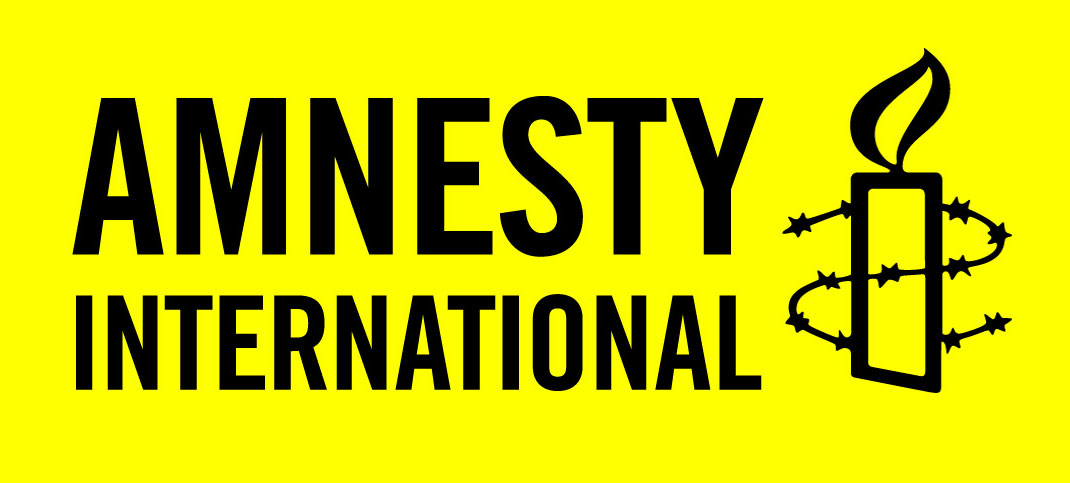



The recent peace agreement signed between the Democratic Republic of Congo (DRC) and Rwanda fails to address justice for the victims of serious crimes by not including any provisions aimed at holding their perpetrators to account, Amnesty International said today.
“Without addressing impunity for the horrific crimes committed in eastern DRC, the agreement missed an opportunity to decisively tackle a long-standing driver of the conflict,” said Agnès Callamard, Amnesty International’s Secretary General.
“When human rights abusers are not investigated and held to account, it leads to a vicious cycle of abuses in which civilians pay the price. This must stop for security to be sustainable.”
Since the agreement was signed in Washington DC on 27 June, Amnesty International has received credible reports that the Rwanda-backed March 23 Movement (M23) and Wazalendo armed groups – many of which are supported by the Congolese army – have continued to clash in North and South Kivu provinces, resulting in the deaths of civilians. In addition, M23 continues to abduct young men and take them to unknown locations. M23, which is negotiating with the DRC government in a separate mediation process led by Qatar, “took note” of the US-facilitated peace deal on 30 June but stated recently that it did not concern them.
Rwanda and the DRC must urgently press M23 and Wazalendo groups to prioritize civilian protection.
“The people of eastern Congo have had their hopes for justice and security raised and then dashed by the signing and failure of numerous peace agreements over the last 25 years. DRC and Rwanda owe it to the people of eastern Congo – who continue to face untold suffering at the hands of the Wazalendo and M23 – to push the armed groups they support and collaborate with to protect civilians and to respect international humanitarian law,” said Agnès Callamard.
Background
The human rights situation in eastern DRC has deteriorated since Rwandan-backed M23 fighters entered the country in November 2021 and went on to capture large areas of North and South Kivu provinces.
The United Nations (UN) Group of Experts and Human Rights Watch have documented Rwanda’s support of the M23, the latest in a series of armed groups operating in DRC that Rwanda has backed since the late 1990s.
On 27 January 2025, M23 declared that it had captured Goma after residents and displaced people fled to safety in other parts of DRC or neighbouring countries. On 16 February, M23 seized Bukavu, a key trading hub and capital of South Kivu province. The UN confirmed cases of summary killings and had received reports of “arbitrary arrests and detentions, degrading treatment and alleged forced returns of Congolese young men fleeing violence in neighbouring countries.”
Amnesty International has documented how the M23 killed, tortured and forcibly disappeared detainees, held some as hostages, and subjected them to inhumane conditions at detention sites in Goma and Bukavu, which may amount to war crimes. The Wazalendo are a loose coalition of armed groups fighting the M23 and backed by the Congolese army. The UN and other human rights organizations have documented human rights abuses committed by the Wazalendo.
On 27 June 2025, Rwanda and DRC signed a peace deal in Washington, DC, aimed at ending the conflict between the two neighbours.
Distributed by APO Group on behalf of Amnesty International.
The post Democratic Republic of Congo (DRC): Peace deal with Rwanda fails to address serious crimes committed in eastern DRC first appeared on Future Media News.
The post Democratic Republic of Congo (DRC): Peace deal with Rwanda fails to address serious crimes committed in eastern DRC appeared first on Future Media News.
Related Images:













